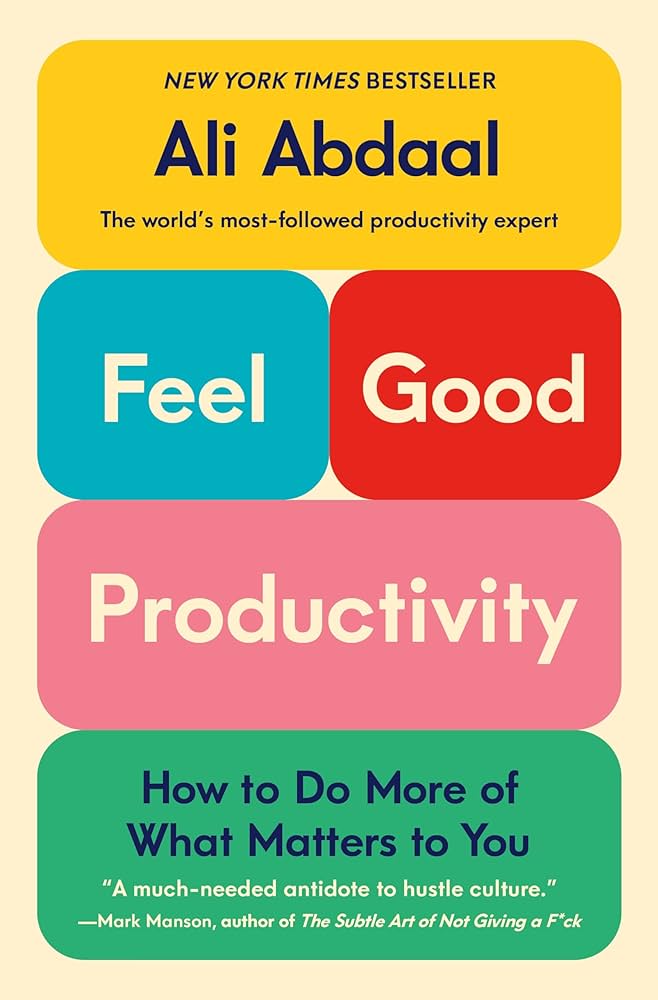This habit took me a while to figure out, but I am steadily developing a routine around my personal grooming. It is fast becoming one of my favourite daily routines. Grooming (preening) is the art and practice of cleaning and maintaining parts of the body. 1 Like most people, the first thing I do after waking up is brush my teeth and bathe. After which, I cream my body and comb my heart; that was it for me until recently. After getting some results in my fitness regimen routine through habit stacking, I experimented with going deeper into my grooming using the same approach.
My New approach to personal grooming
- Triggers: Wake up, turn on my Shokz OpenSwim Swimming MP3 – Bone Conduction waterproof MP3 player.
- Immediately start listening to French language learning materials/podcasts/audiobooks.
- Personal grooming routine: Brush teeth, bathe, cream body, comb heart.
- Added grooming routine: Floss teeth, groom beards, shave hair, and apply deodorants plus spray.
As a result of the habit stacking 2, I am always looking forward to a more deliberate personal grooming regimen daily. It affords me the opportunity to take care of my body, feel good and ultimately prepare to do good in my day. I strive to make every day a masterpiece, which starts with my personal grooming routine. The feel-good philosophy is a strategy that I have been curious about lately, and I think it is working wonders. To do more good in the world, look good and feel good about yourself and the other things would take care of itself. Our body is a temple that needs to be nurtured continuously. Your health is a currency that needs to be saved and spent wisely. As the saying goes, “Most of us spend our youth chasing wealth while we spend old age using the wealth to care for our health.” You cannot give what you do not have; you need to be healthy and in the right state of mind to show up optimally in the world.

In Feel-Good Productivity: How to Do More of What Matters to You 3, a former doctor turned YouTuber, podcaster, and entrepreneur Dr. Ali Abdaal proselytizes the philosophy of taking care of yourself and optimizing for joy first. He argues that the key to productivity isn’t discipline but joy. Feel-good productivity is an approach that doesn’t hinge on exhaustingly hard work but on understanding what made hard work feel better. An approach that focused on my wellbeing first, and used that wellbeing to drive my focus and motivation second.
Feeling Good
Positive emotions are bound up with a set of four hormones – endorphins, serotonin, dopamine and oxytocin – which are often labelled as the ‘feel-good hormones’. All of them allow us to accomplish more.
- Endorphins are often released during physical activity, stress or pain and bring about feelings of happiness and diminished discomfort – and elevated levels usually correlate with increased energy and motivation.
- Serotonin is connected to mood regulation, sleep, appetite and overall feelings of wellbeing; it underpins our sense of contentment and gives us the energy to tackle tasks efficiently.
- Dopamine, or the ‘reward’ hormone, is linked with motivation and pleasure and its release provides a satisfaction that allows us to focus for longer.
- Oxytocin, known as the ‘love’ hormone, is associated with social bonding, trust and relationship-building, which enhances our capacity to connect with others, boosts our mood and, in turn, impacts our productivity.
All this means that these feel-good hormones are the starting point of a virtuous cycle. When we feel good, we generate energy, which boosts our productivity. And this productivity leads to feelings of achievement, which make us feel good all over again.
“Success doesn’t lead to feeling good. Feeling good leads to success.”
Meditations
Daily Calm with Tamara Levitt – Self-soothing
Many of us never had the proper tools or guidance for dealing with difficult emotions while growing up. We never learned to understand our sadness or anger, and we weren’t taught how to calm our anxiety or soothe our frustration. Instead, we learned to distract, avoid, and tune out unpleasant feelings with numbing, sometimes destructive behaviour. But no matter what habits we develop when we are younger, in our adult lives, mindfulness can help us cultivate self-soothing skills.
Meditation teaches us how to calm our emotions and settle our nervous system. We develop self-acceptance and compassion. We learn to tenderly live with whatever arises rather than run from it. These tools allow us to care for our hurt, so rather than seek discomfort and distraction, remember to reach for the tools of self-soothing, be loving and gentle with yourself, and you will be able to hold your heart. Give yourself space to feel and time to breathe, and become your source of soothing comfort.
“There are days I drop words of comfort on myself like falling leaves and remember that it is enough to be taken care of by my self.” ― Brian Andreas
Daily Jay with Jay Shetty – Evolving Identity
Ship of Theseus – Theseus’ paradox
Ancient Greek philosopher Theseus owned a wooden ship. Every year, the ship needed maintenance, so a plank was removed and replaced with a new one.
Question: After replacing the first plank, would you say it is still the same ship? What about a year later, when the second plank is replaced? Is it still the same ship? Fast-forward to when all the planks have been replaced and no physical element of the original ship remains. Is it still the same ship? Philosophers have debated the paradox for years.
Are you the same person as you were about a year ago? A decade ago? What about when you were born? In terms of biology, the average human cell lives for 7 to 10 years, so most of your physical body is quite literally different than it used to be. But you also gathering and swapping ideas, knowledge, and experiences. You are developing qualities and skills while others have fallen by the wayside. Similarly, some beliefs and values have come and gone while others stayed.
So many of us move through life doing this, doing that, replacing planks or not. Never think anything of it, but if you are going to live your most meaningful and purposeful existence, it is vital to take stock consciously and thoughtfully. It is possible to think that you are both old and new, the same and different. To evaluate who you are, it is critical to see yourself clearly and be in touch with body and mind.
No man ever steps in the same river twice, for it’s not the same river, and he’s not the same man.- Heraclitus
Daily Trip with Jeff Warren – Healthy Boundaries
A lot of meditation is learning to say yes to experience, but that doesn’t mean there isn’t a place for NO. Setting and upholding boundaries is a key part of building and nurturing a healthy relationship. Being human means being interconnected with everyone. How do we protect our boundaries in an interconnected world? It involves learning to be ok with our discomfort. To say no to a person or a situation helps to get clear about our impulse to appease or to be seen in a particular way, or always to be liked.
The more precise we are about those different impulses, the less we need to act on them. Ultimately, learning to say NO to what we don’t want to do is learning to say yes to our values and choices. It helps other people understand who we are and where we are. It is the foundation of all mutually respectable relationships.
Podcast
- Dr. Matthew Walker: The Biology of Sleep & Your Unique Sleep Needs | Huberman Lab Guest Series
All the best in your quest to get better. Don’t Settle: Live with Passion



1 Comment
Developing a personal grooming routine has never been easier with your insightful guidance! Your tips are practical and easy to follow, making the journey to self-care feel effortless and enjoyable. From skincare to haircare, your advice empowers readers to embrace their unique beauty and cultivate confidence from within. Thank you for inspiring us to prioritize self-love and care!